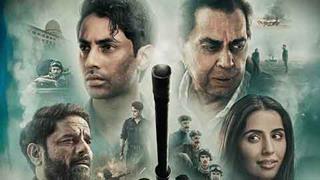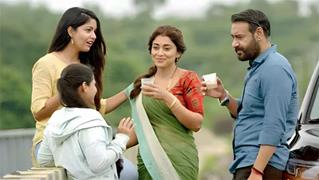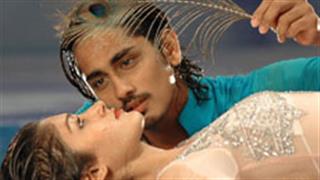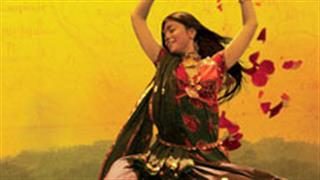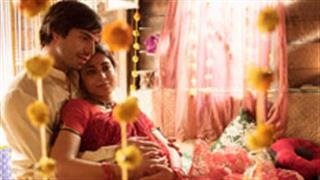There aren't many Indian filmmakers who are known in the international circuit. By that yardstick, Deepa Mehta represents the minority in world cinema. And she's well aware of the responsibility as well as the challenges such recognition entails.
One such challenge for the Canada-based auteur was to adapt Salman Rushdie's Midnight's Children on the big screen. In a tete-a-tete, Deepa expresses her thoughts, her equation with the controversial writer and a lot more...
Which has been your favourite film/films of 2012?
I watched a few and liked them too but I think Amour by Michael Haneke and Shanghai by Dibakar Banerjee are my personal favourites of this year so far.
Your thoughts on indie cinema in India?
These are encouraging times and one can clearly notice that independent cinema is growing in leaps and bounds. There are young promising filmmakers coming up. One can only be optimistic. In fact, I'm looking forward to Vishal Bhardwaj's and Vikram Motwane's next.
Are there any stereotypes attached to Indians in Canada/Hollywood, particularly a female filmmaker?
None that I know of. (Pauses) It has to be a myth. I haven't faced anything yet that would deter me from doing the kind of work I am doing today.

How would you describe your filmmaking journey so far?
It has been interesting to say the least. To me, translating a screenplay into images that evoke emotions from the public is the greatest challenge.
Would you call your upcoming film your most challenging work till date?
It was a really tough film. 64 locations, 124 speaking parts with a core cast of nine actors and production design that reflects more than 50 years in Indian history! However, I still think my previous film (Heaven on Earth) was tougher emotionally with domestic violence being its subject matter even though it was an extremely modest film.
What is your opinion about the novel?
Midnight's Children is iconic and it moved me deeply when I first read it. The coming of age story of an 'everyman' and a country was intensely moving and cinematic in opinion.
And how well did Salman Rusdhie adapt himself to the show-don't-tell principle in scriptwriting considering novelists tend to follow the reverse format?
Salman was fabulous to work with. He simply knew what we were up to and as I mentioned earlier, it was a rather difficult film to begin with. But surprisingly, he is very cinematic and at the same time very open to suggestions. Yes, we often had disagreements but never about anything that we could not resolve in a few days.

Is it a conscious decision to work with actors from the theatre background?
To work with actors who have some theatre background is always a bonus for a director. Having mentioned that, Aamir Khan sans any theatre leaning rought huge discipline with his craft in 1947: Earth.
What next for you?
Most probably, a year-end vacation unless I get started with Matisse, my upcoming biopic on the celebrated French artist.



